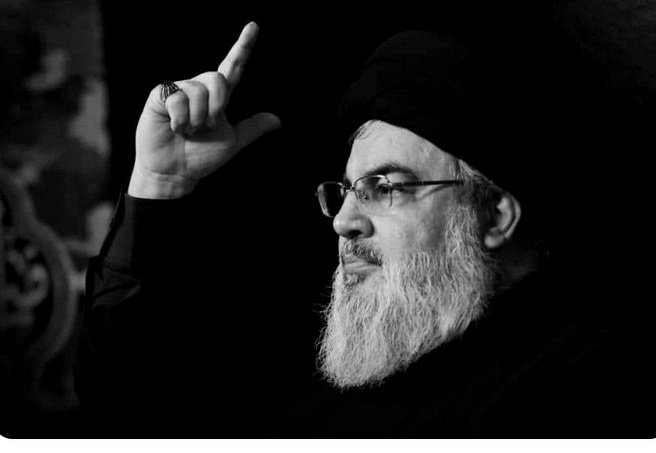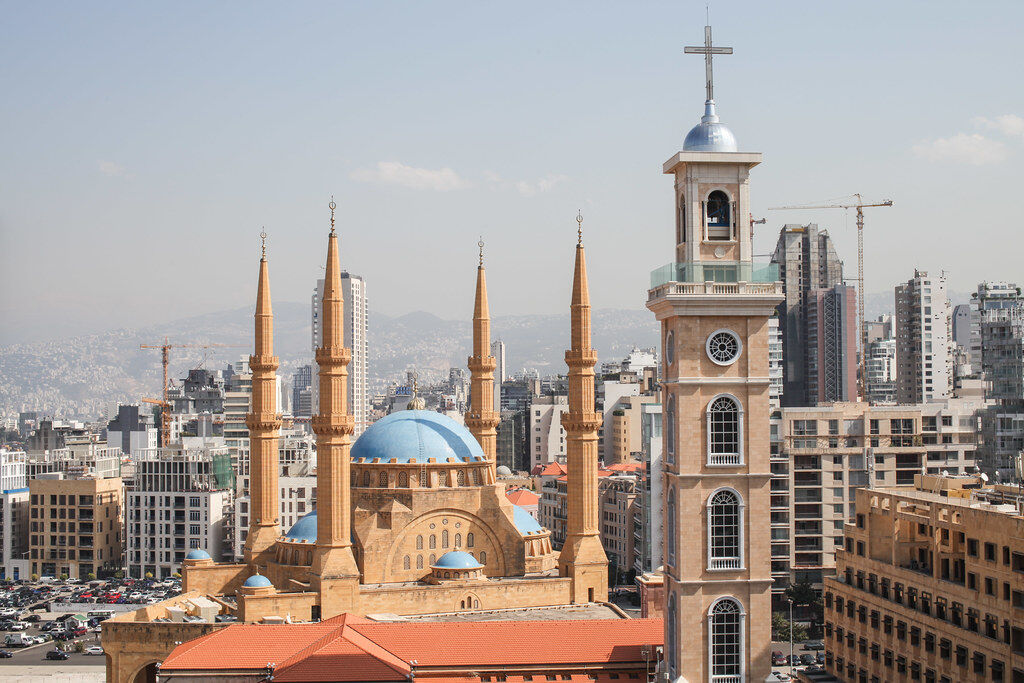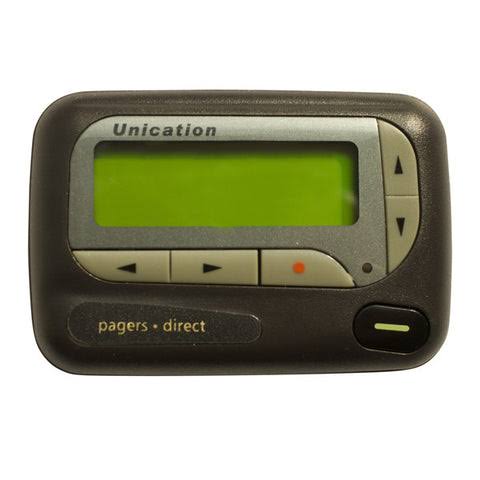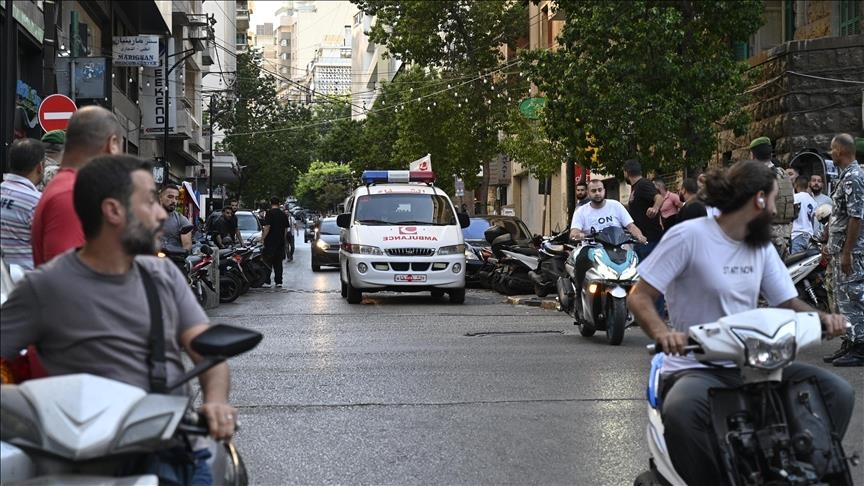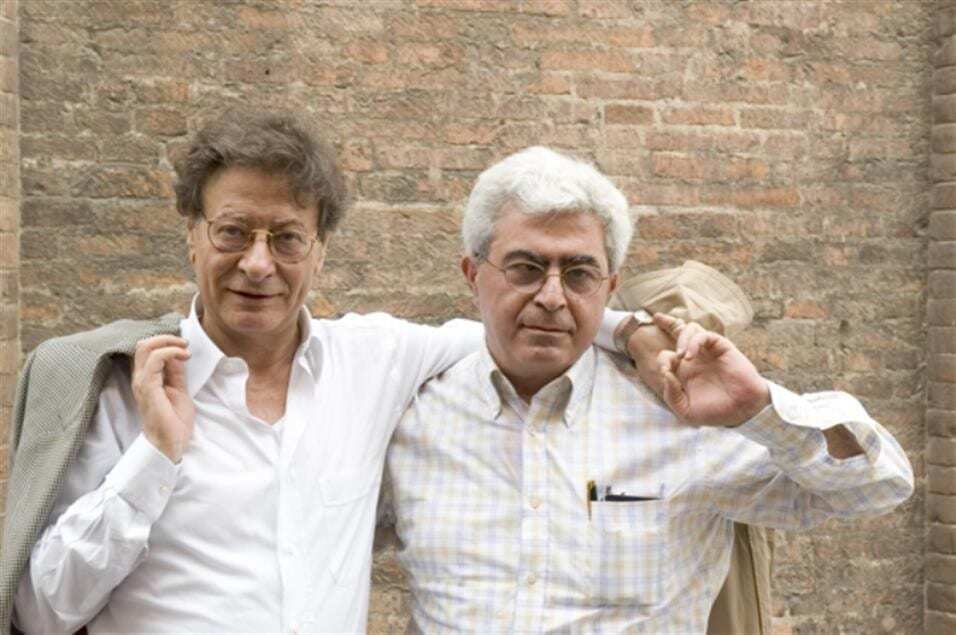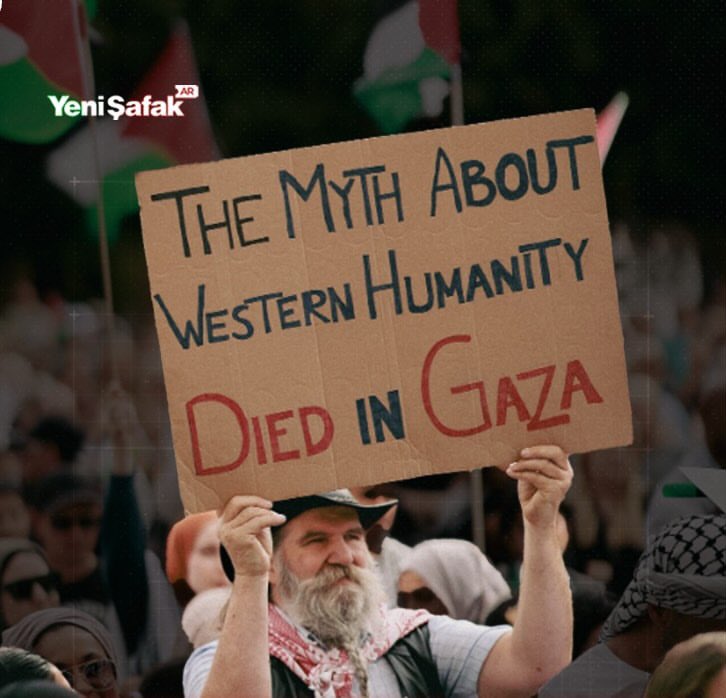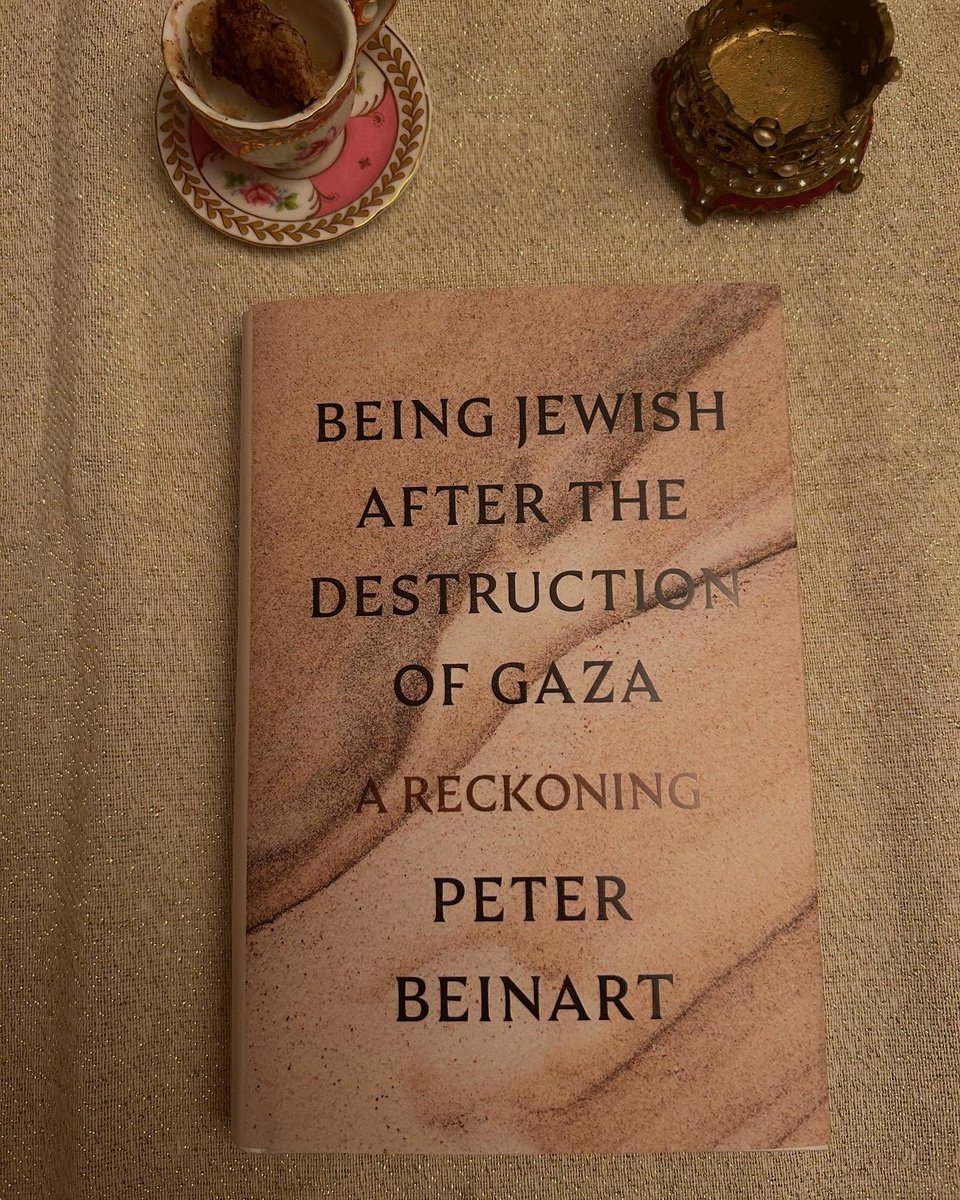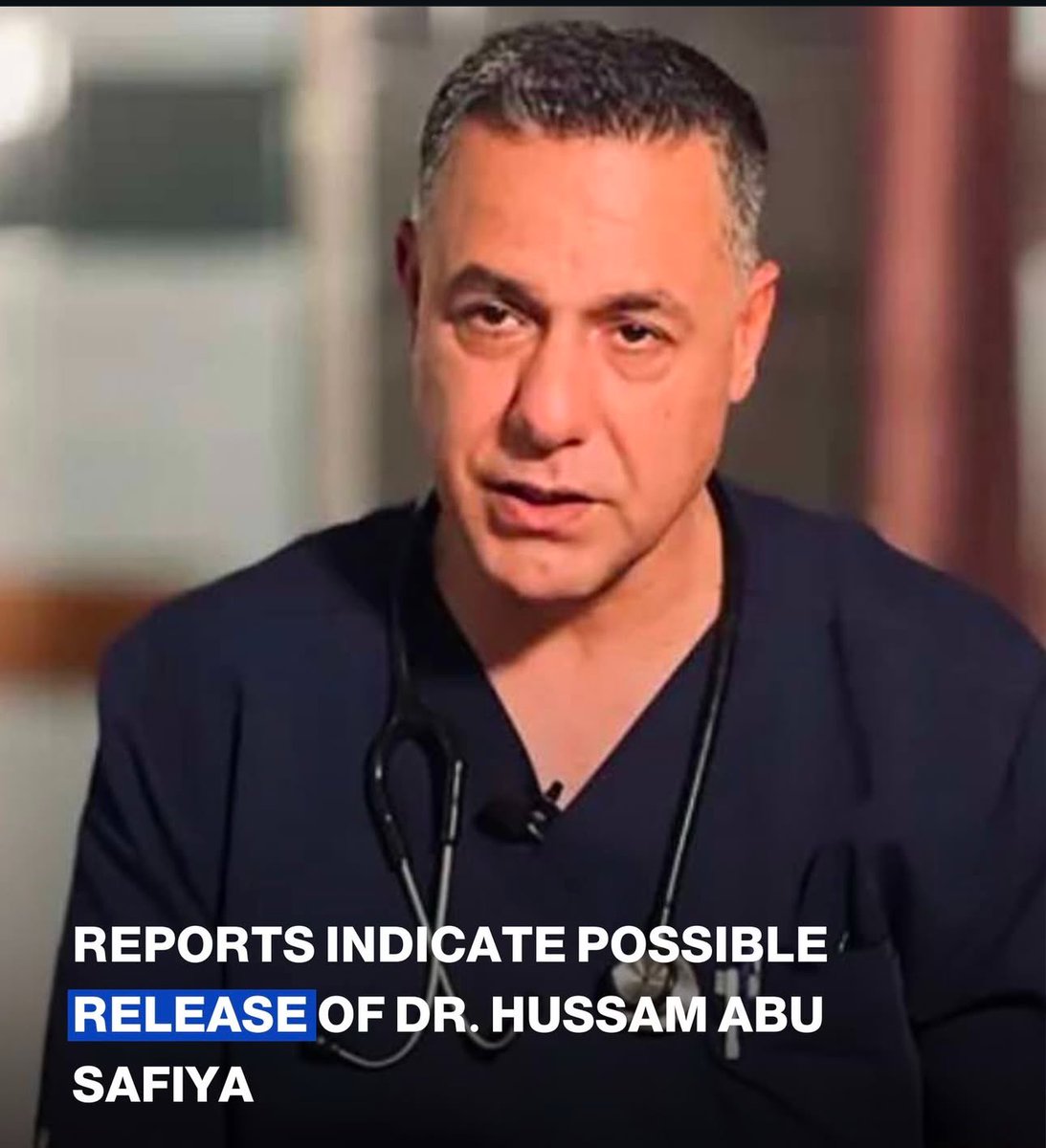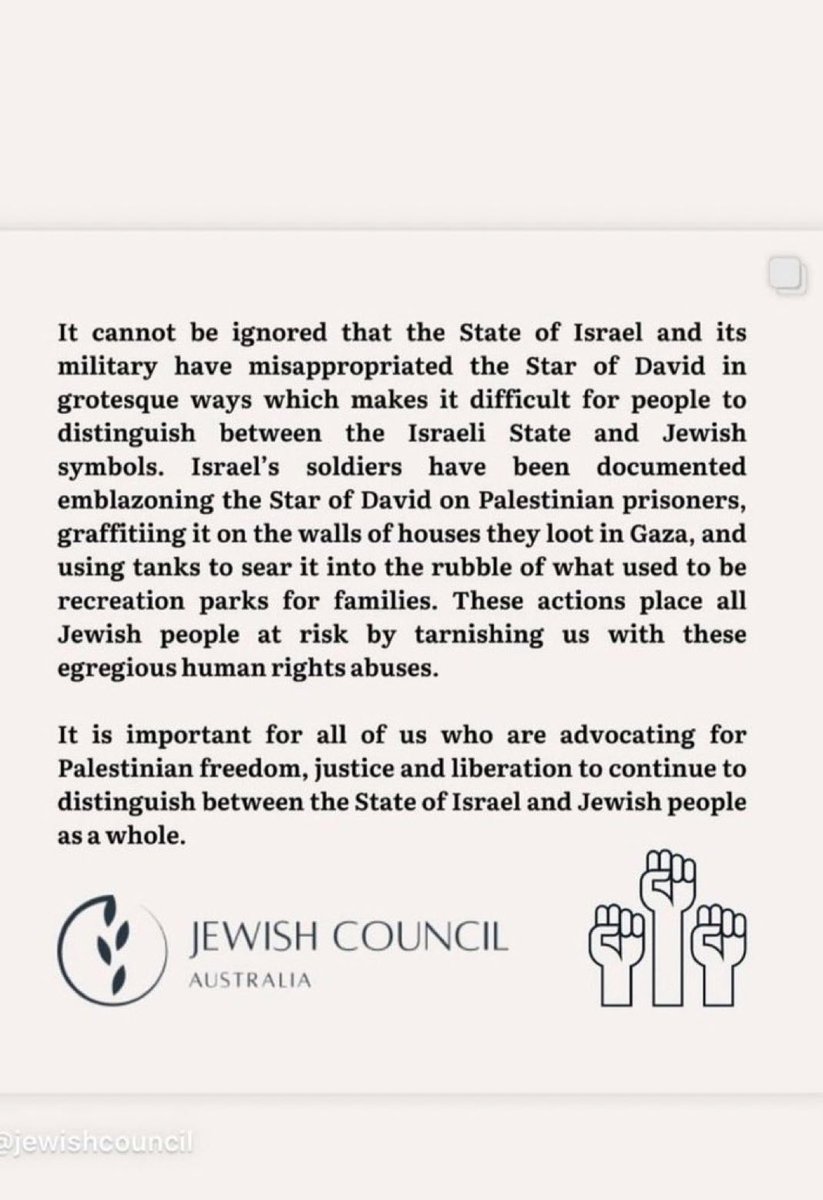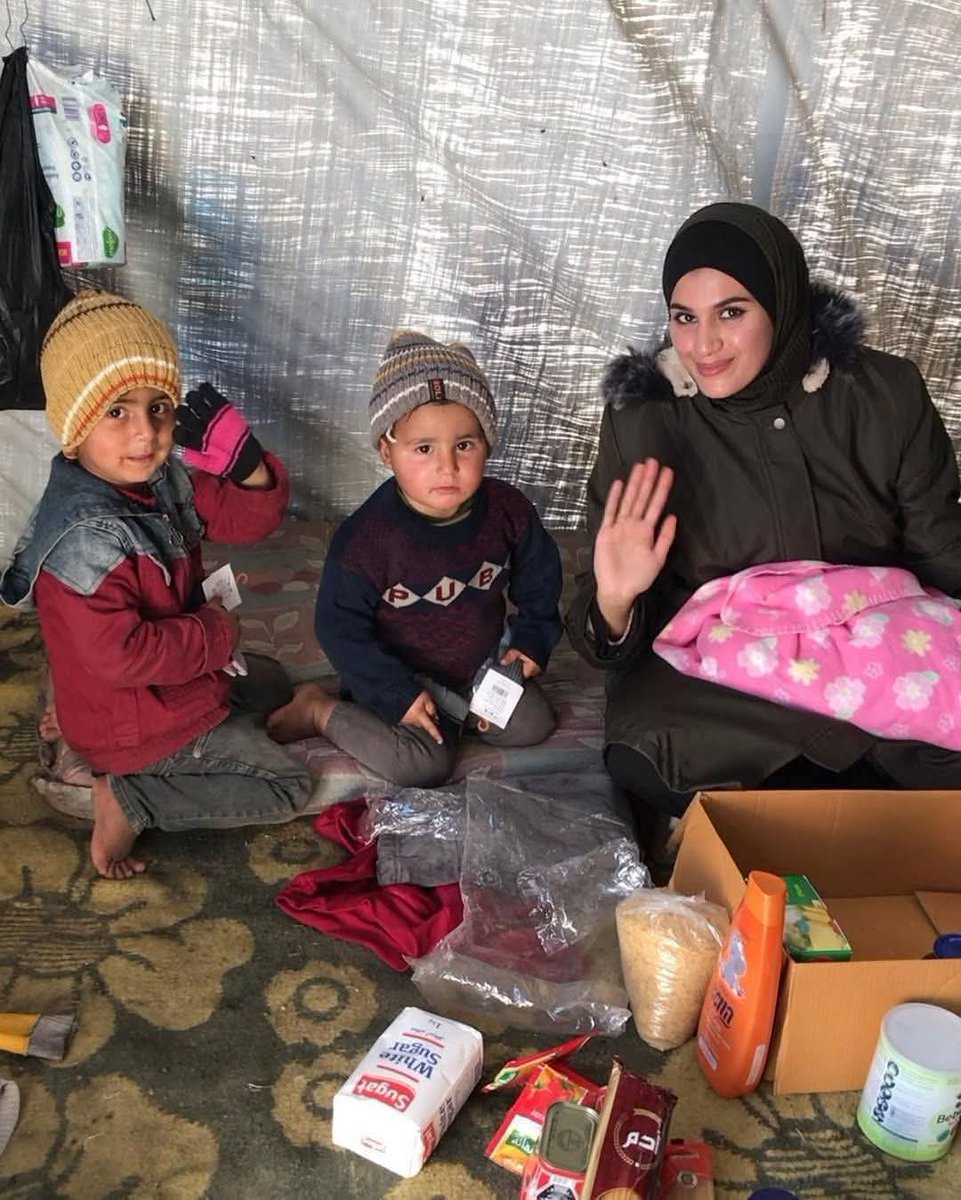Hassan Nasrallah Vows ‘Hell’ For Israel
Hezbollah Secretary-General Hassan Nasrallah vowed to turn Israel’s actions into a “hell”, Thursday, after the group suffered a “severe blow” when communication devices were detonated earlier this week in Lebanon.
Nasrallah made the remarks during a televised speech to address the explosions that killed 37 people and injured thousands.
“We admit we have received a severe blow which is natural as we acknowledge Israel’s technological superiority, backed by the US, NATO, and the West,” said Nasrallah. “The Israeli enemy sought to kill 5,000 people within just two minutes, showing no regard for anything.”
“The number of pagers carried by Hezbollah members is 4,000, which implies that Israel intentionally sought to kill 4,000 people,” he said.
The explosions “will be met with a just retribution, severe reckoning, timing, place, the nature of which we will determine,” said Nasrallah.
He warned Israel that if it establishes a security belt on Lebanese territory, “it will be turn into a trap and a hell.”
Nasrallah added that multiple investigative commissions were formed to examine the circumstances of the explosions and they have reached a nearly definitive conclusion, but the Lebanese resistance group is awaiting confirmation.
He noted that the severity of eye injuries from the explosions “has placed significant pressure on hospitals in Lebanon.”
Furthermore, Nasrallah pointed out that many of the explosions occurred in hospitals, markets, public roads and homes – areas predominantly inhabited by civilians, including children and women.
His speech coincided with the intensive flights of Israeli warplanes flying at low altitude over the Lebanese capital, Beirut, breaking the sound barrier multiple times, Anadolu reporter said.
The Hezbollah chief considered the blasts to be a natural occurrence, stating: “This is the nature of war and conflict. We know that our enemy has a technological superiority because America stands behind it, along with NATO and the West.”
He emphasized: “the Lebanese front will not stop until the war on Gaza stops.”
Nasrallah noted that senior Hezbollah leaders do not carry the type of pager devices that exploded on Tuesday, asserting that the resistance’s structure “remains large and cohesive.”
Nasrallah concluded his speech by affirming that what occurred on Tuesday and Wednesday will be met with “just retribution and severe reckoning,” indicating that Hezbollah “will determine the timing, place, and nature of the response.”
At least 37 people were killed and nearly 3,000 others injured on Tuesday and Wednesday in explosions that targeted thousands of wireless communication devices across the country.
There has been no Israeli comment on the blasts, which came amid an escalation in cross-border warfare between Israel and Hezbollah since the start of Israel’s deadly war on the Gaza Strip, which has killed nearly 41,300 people, mostly women and children, following a cross-border attack by Hamas last Oct. 7.

